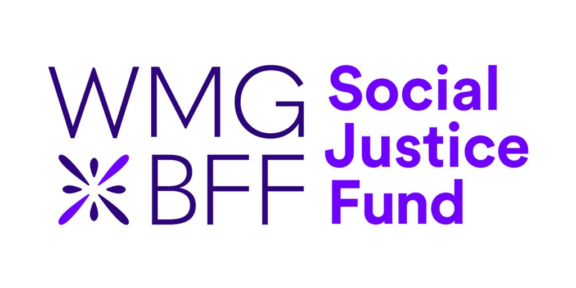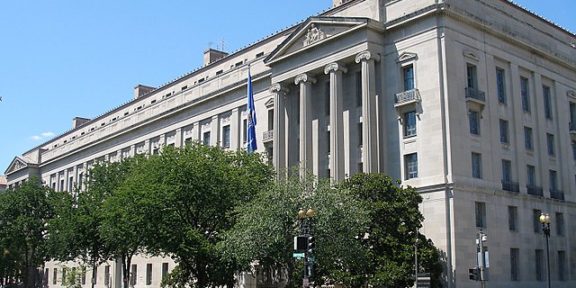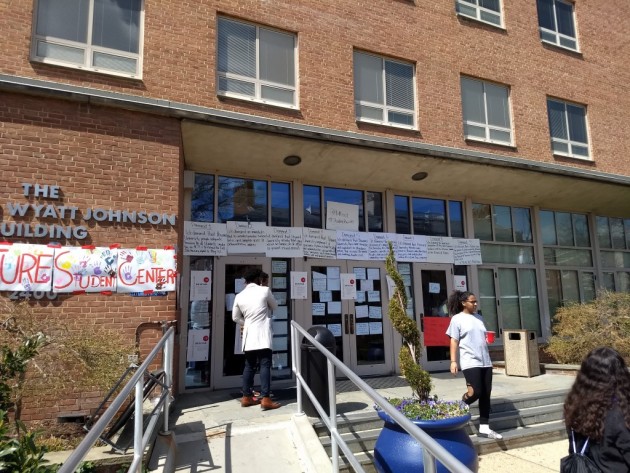TALLAHASSEE, Fl.- After a historical and hotly contested gubernatorial race characterized by allegations of racism, corporate interference and city corruption, Florida is under solid Republican control. Gubernatorial candidate and Trump ally Ron DeSantis defeated Tallahassee mayor Andrew Gillum by a less than one-point margin and Democrat incumbent Bill Nelson lost to former governor Rick Scott on Tuesday.
DeSantis ran his campaign on a platform very similar to President Trump’s agenda. With an emphasis on closed borders, support of law enforcement and low tax rates, his race to the governor’s mansion was pushed over the top by Trump’s visit to the state to stump for him on Saturday.
Gillum, whose Obama-esque campaign spent its last hours in largely red North Florida counties, complimented his campaign volunteers’ unprecedented efforts and his commitment to continuing to advocate for issues that matter to his supporters, like a higher statewide minimum wage and immediate action to protect the state’s environment.
“I want you to know that in spite of our congratulating [DeSantis] on his victory this evening, nothing that we believe has been compromised,” Gillum said in his concession speech late Tuesday night. “I want to encourage you not to give up. I want to encourage you to stick to the fight.”
Gillum’s loss represents a major blow to the Florida Democratic party, which has not sent someone to the governor’s mansion in nearly two decades. It also means a major loss of power for Democrats that will last beyond 2020—the next governor of Florida will also be tasked with appointing three new Supreme Court justices for the state and overseeing its redistricting process. Floridians can expect a state government characterized by conservative decisions mirroring those of the President.
“It’s a disappointment,” said Christopher Daniels, a Gillum supporter and FAMU alumnus. “Florida’s a very closely contested state so for anyone to win here is a challenge. There will be another election in 2020, so we’ll just continue to fight and continue to push for what [we] believe in.”
The left can find some solace, though, in Amendment 4, restoring voting rights to formerly incarcerated people, which passed with 64 percent approval. This will add more than 1.6 million people back to Florida’s electorate and represents, in part, a progressive step forward for the state.
In the senatorial race, former Florida governor Rick Scott beat Democratic incumbent Bill Nelson by less than 60,000 votes. In his acceptance speech Scott said his goal was to make Florida a “better place for every family in this state in every county.” His win means Florida will have two Republican Senators for the first time since the Post-Reconstruction era.
“There’s gonna be a lot of pundits who are gonna analyze this race. A lot of people are gonna pore over those inaccurate polls,” Scott said, alluding to the several straw polls that predicted his loss. “But I have no interest in looking backwards. I’m going to look to the future.”










